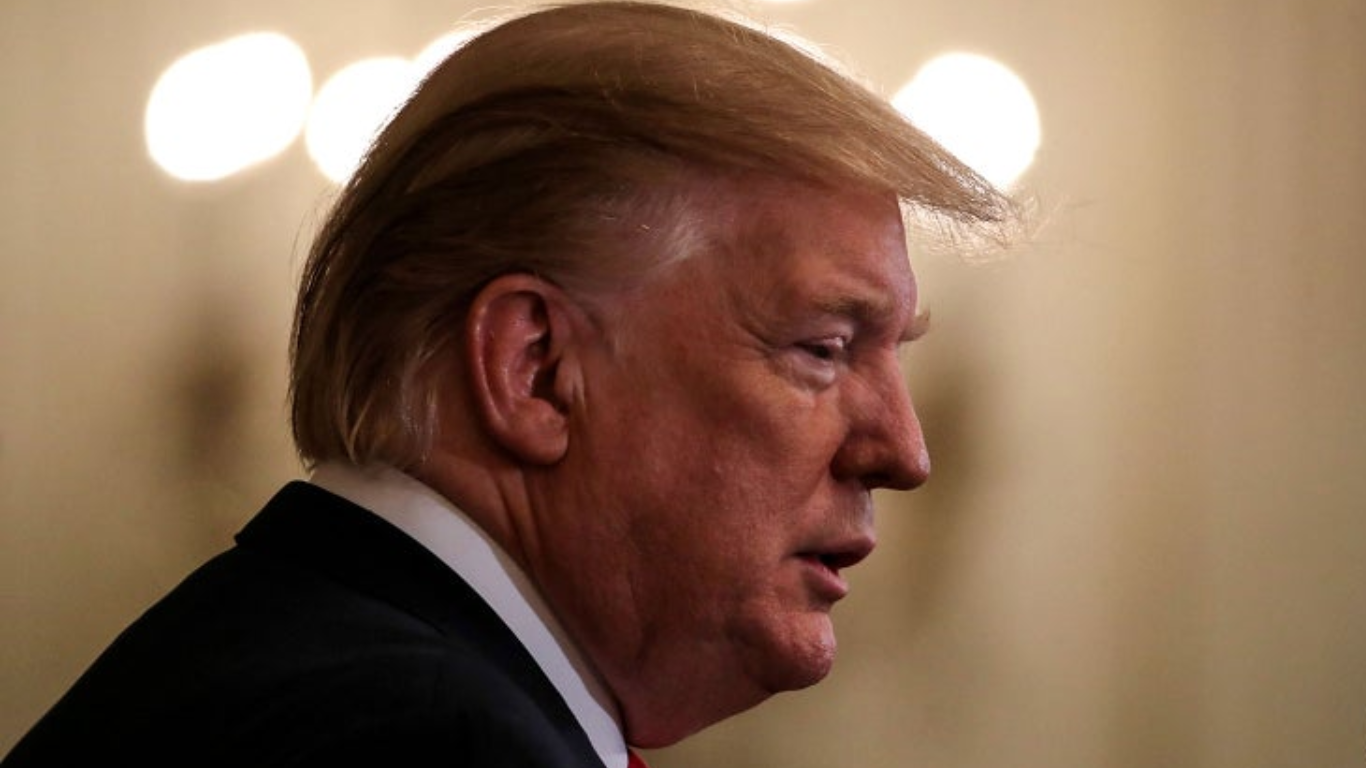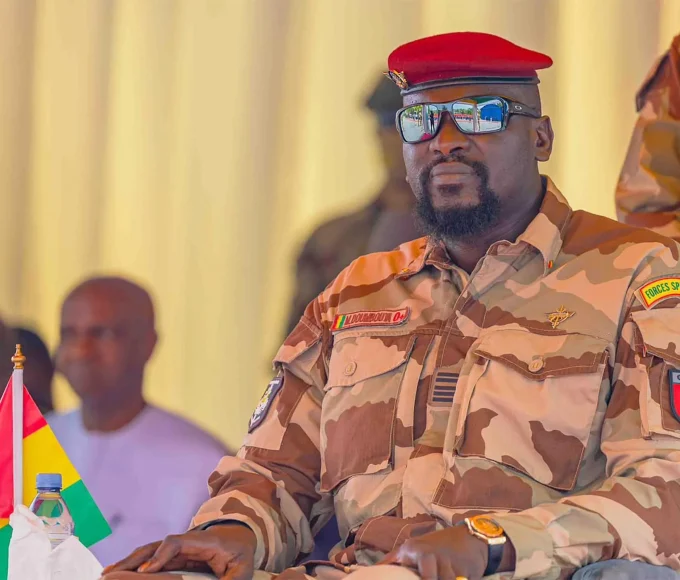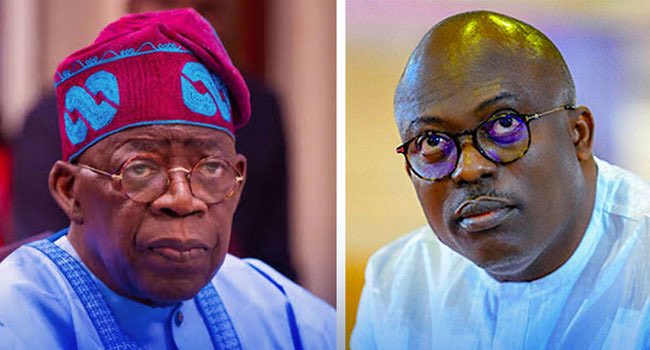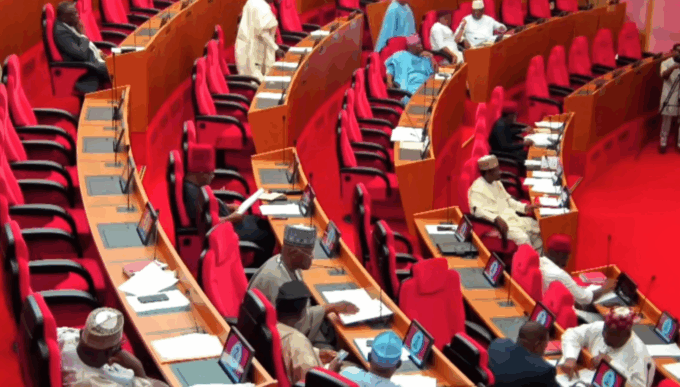
Legal Opinion Shows Trump Can Still Be President

Former U.S. President Donald J. Trump is the first president convicted of a crime in U.S. history. Still, legal expert opinion and the U.S. Constitution suggest it won’t stop him from running or becoming a president again.
On Thursday, May 31, 2024, Trump was convicted on all 34 felony counts of falsifying business records related to a hush money payment made to adult film actress Stormy Daniels in 2016.
The 12-man verdict in Manhattan took two days of deliberation, with significant implications for Trump’s political figure and potential legal consequences, including imprisonment.
However, having pleaded not guilty beforehand, Trump has vowed to appeal the verdict.
In any case of verdict, his political status has garnered more support, one that crashed his campaign website due to an influx of donations, which reportedly is $50 million, reflecting strong support for Trump in the upcoming November election.
Can Trump Run for President?
The U.S. Constitution only lists three qualifications required for being president. All of these answer the question: Can Trump still run for president?
The requirements are that the candidate must be a “natural-born” citizen, at least 35 years old, and a resident of the U.S. for at least 14 years.
What then happens if sentenced?
Judge Juan Merchan has scheduled Trump’s sentencing for July 11. However, given his conviction status as a non-violent crime, Trump remains a free man until proven otherwise.
What does the expert say about Trump’s case?
West Africa Weekly consulted the opinion of Robert Scavone Jr., a Florida-based appellate lawyer with Florida Appeals.
Scavone responded that the former president could run for and be elected to the Office of the President even as a person with felony convictions.
He further cited Article II, section 1, clause 5 (the Qualifications Clause) of the U.S. Constitution, which provides a list of qualifications for the office of the Presidency.
The person must be a “natural-born citizen” of the United States. The Clause also requires the person to be at least 35 years old and have been a resident of the United States for at least 14 years,” the Constitution reads.
Scavone adds that a person may be president if these qualifications are satisfied. Congress cannot, by statute, change these qualifications; changes would require a constitutional amendment. There are nuances to citizenship and residency requirements which have not been tested in court.
As for disqualification, Congress may disqualify someone from holding the Office of the President under section 3 of the Fourteenth Amendment if the person, as a federal officer holder, previously swore an oath to “support the Constitution” and later engages in “insurrection or rebellion” against the United States or gives “aid or comfort to the enemies” of the United States. In a recent United States Supreme Court opinion in Trump v. Anderson, the Court made clear that Congress, not the states, have the authority to enforce section 3,” he said.
So, in deliberating what halts Trump’s candidacy, there is no requirement that the president must not be a person with felony convictions.
In addition, Trump’s conviction is a non-violent crime.
What does this mean for sub-Saharan Africa?
On February 21, 2023, Trump released a video declaring his stance against war. In another report on CNN, Trump expressed disinterest in regime change, not only in Iran but in Africa.
We do not seek regime change,” he said
During his previous term, Trump’s administration took a more isolationist approach to foreign policy, focusing on America’s interests rather than promoting democracy or human rights abroad.
This leads to decreased U.S. involvement in African conflicts or political crises.
Such an approach has also created a shift towards more diplomatic and economic engagements with African nations. This is unlike Joe Biden, who protects African politicians, most of whom are considered a tool to further US imperialist interests over that of African growth.
Read; Report Shows How Gold Flows Out of Nigeria, Other African Countries Illegally
About The Author
Mayowa Durosinmi
author
M. Durosinmi is a West Africa Weekly investigative reporter covering Politics, Human Rights, Health, and Security in West Africa and the Sahel Region
Mayowa Durosinmi
M. Durosinmi is a West Africa Weekly investigative reporter covering Politics, Human Rights, Health, and Security in West Africa and the Sahel Region
Related Articles
Rivers State Assembly Initiates Impeachment Proceedings Against Governor and Deputy
The Rivers State House of Assembly has begun impeachment proceedings against Governor...
ByWest Africa WeeklyJanuary 8, 2026Guinea Junta Leader Doumbouya Declared Winner of Presidential Election
Guinea’s military ruler, General Mamady Doumbouya, has been declared the winner of...
ByWest Africa WeeklyDecember 31, 2025Nigeria’s Supreme Court Ruling Affirms Tinubu’s Power to Declare Emergency Rule and Suspend Elected Officials
Nigeria’s democracy faced a defining test today after the Supreme Court affirmed...
ByWest Africa WeeklyDecember 15, 2025Senate Pleas Exemption from VIPs Security Withdrawal
The Nigerian Senate has appealed to President Bola Ahmed Tinubu to exempt...
ByJoshua ChuwangDecember 12, 2025











